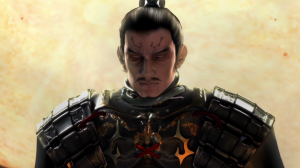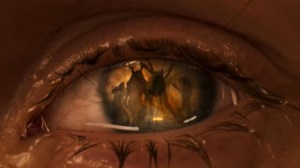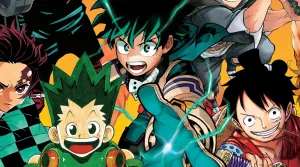Capcom has grown to be one of the biggest publishers and developers in gaming. It has several iconic series under its belt, all with recently released titles such as Street Fighter 6, Devil May Cry 5, Monster Hunter Wilds, and Dragon’s Dogma 2. New titles and IPs are on the way as well, as evident by the upcoming Pragmata. However, fans have been left wondering where a particular series has been for over a decade. With three titles and a good following, some have questioned why Capcom abandoned this series. And no, it is not Dino Crisis.
Videos by ComicBook.com
The first Lost Planet: Extreme Conditions was released in 2006, and fans have not seen a new entry since Lost Planet 3 in 2013. Capcom was at an all-time high at this point, releasing game after game, win after win. Lost Planet’s distinct environment and original gameplay made it one that stood out on release. However, despite its unique premise, the series faded into obscurity after the third game. But 2025 is a different time, and Lost Planet deserves another shot from Capcom.
Lost Planet’s Unique Ideas Were Ahead of Its Time
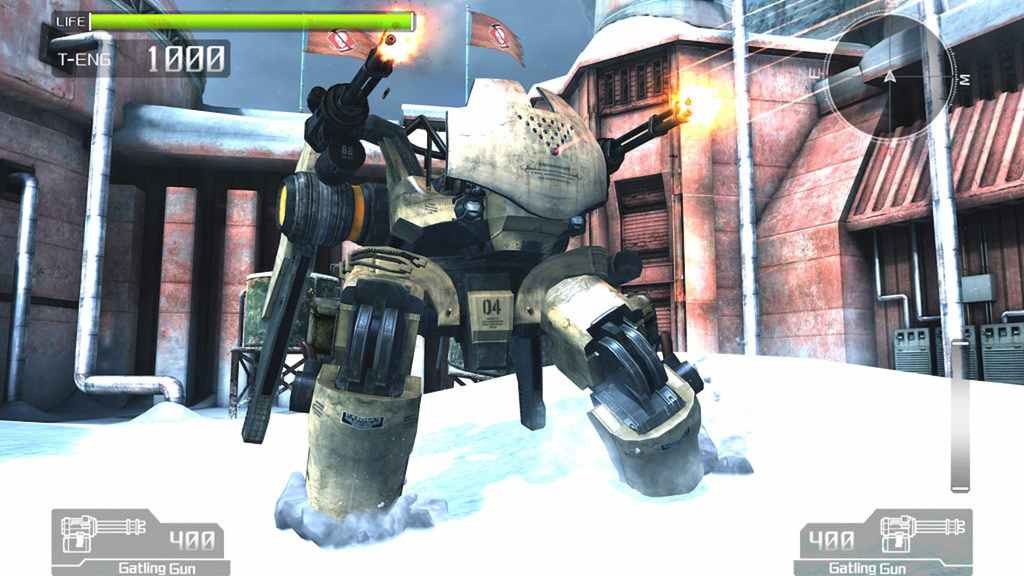
At first glance, Lost Planet could have been mistaken for a typical third-person shooter. But after playing it, its distinct identity quickly became apparent. It focused heavily on survival mechanics, something games like this neglected at the time. Not only did players have to face the insect-like Akrid, but the environment itself was against them. Thermal energy, or T-Energy, was a life source as much as ammunition was. Managing this was vital to surviving in Lost Planet and acted as a driving force that pushed players forward.
Lost Planet’s gameplay featured two aspects: infantry and mech combat. Vital Suits would seemingly pave the way for something like Titanfall or even Capcom’s more recent game, Exoprimal. Lost Planet combined these two seamlessly, giving a sense of scale to the combat and the stakes. Fighting giant Akrid on foot, then getting into a Vital Suit mid-fight, gave an incredible cinematic feel.
Not only that, but the multiplayer was a hit as well. One could argue that its Elimination mode was one of the first battle royale games, allowing up to 16 players to battle to the death as they collected resources and weapons throughout a match. Once again, its use of infantry and mech combat created a unique experience that led to a cult following, one still around today.
Lost Planet Deserves a Another Chance
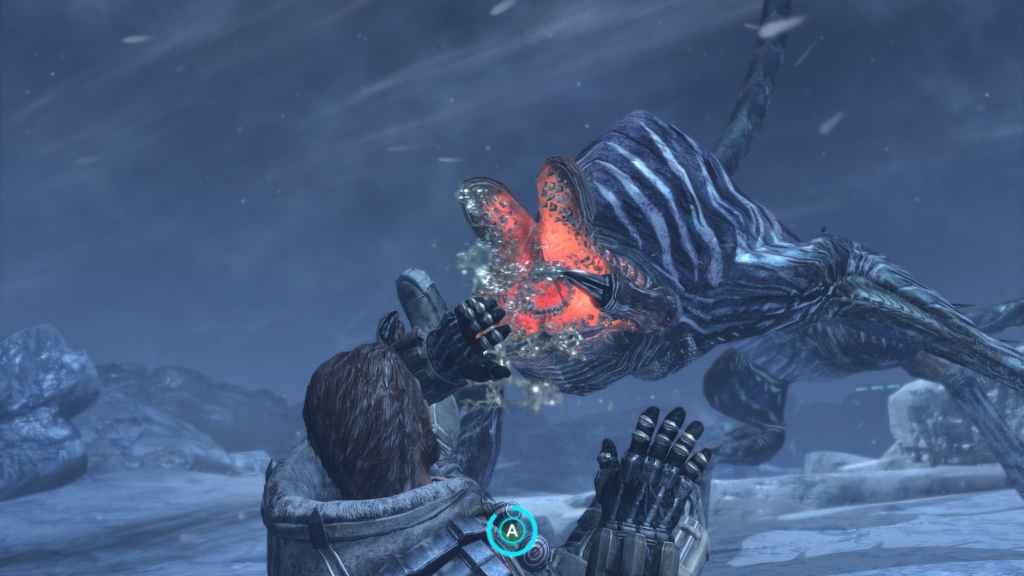
Unfortunately, Lost Planet ultimately lost its way. The sequel doubled down on co-op rather than expanding on the unique ideas that made the series what it was. The campaign lost focus, which Lost Planet 3 tried to correct. It was handed off to an external team that ultimately led to an unpolished game that held back the great ideas that the third game introduced. As a result, the reception was lukewarm at best, never reaching the appeal of the first game or the potential the series had. Capcom then gave up on Lost Planet and focused on more mainstream names under its portfolio.
However, the gaming landscape today is primed for a Lost Planet comeback. Helldivers 2, Remnant 2: From the Ashes, and Destiny 2 all prove there is an incredible market for sci-fi co-op experiences. Titanfall 3 is one of the most requested games, and a remake of Lost Planet or Lost Planet 4 could capitalize on that interest.
Capcom has shown it is willing to revisit older series. Okami 2 and Onimusha: Way of the Sword are comeback titles in franchises that one thought forgotten and abandoned, so why shouldn’t Lost Planet get the same treatment? Even the Resident Evil series has proven that Capcom can revisit a dormant franchise and modernize it while remaining true to the core aspects.
Today’s technology could lead to the best game in the series yet. A vast open-world with icy plains, dynamic weather, and deadly Akrid enemies would create an atmospheric action survival experience. Modernizing the T-Energy system and integrating seamless multiplayer would greatly impact survival. It would encourage a risk vs reward exploration system that highlights the harsh environment and narrative. Throw in customizable mechs to let players play how they want, and Lost Planet 4 could recapture the third-person shooter genre.
There is an untapped potential in the series. Lost Planet 3 showed Capcom never truly ran out of ideas; it just stumbled on the execution. Each game took risks, and while not all of them paid off, it shows the grit of Capcom in a market where many developers take safe bets rather than experimenting with new ideas. Returning to Lost Planet would be a fresh alternative to today’s shooters, especially if Capcom emphasizes its survival roots.


